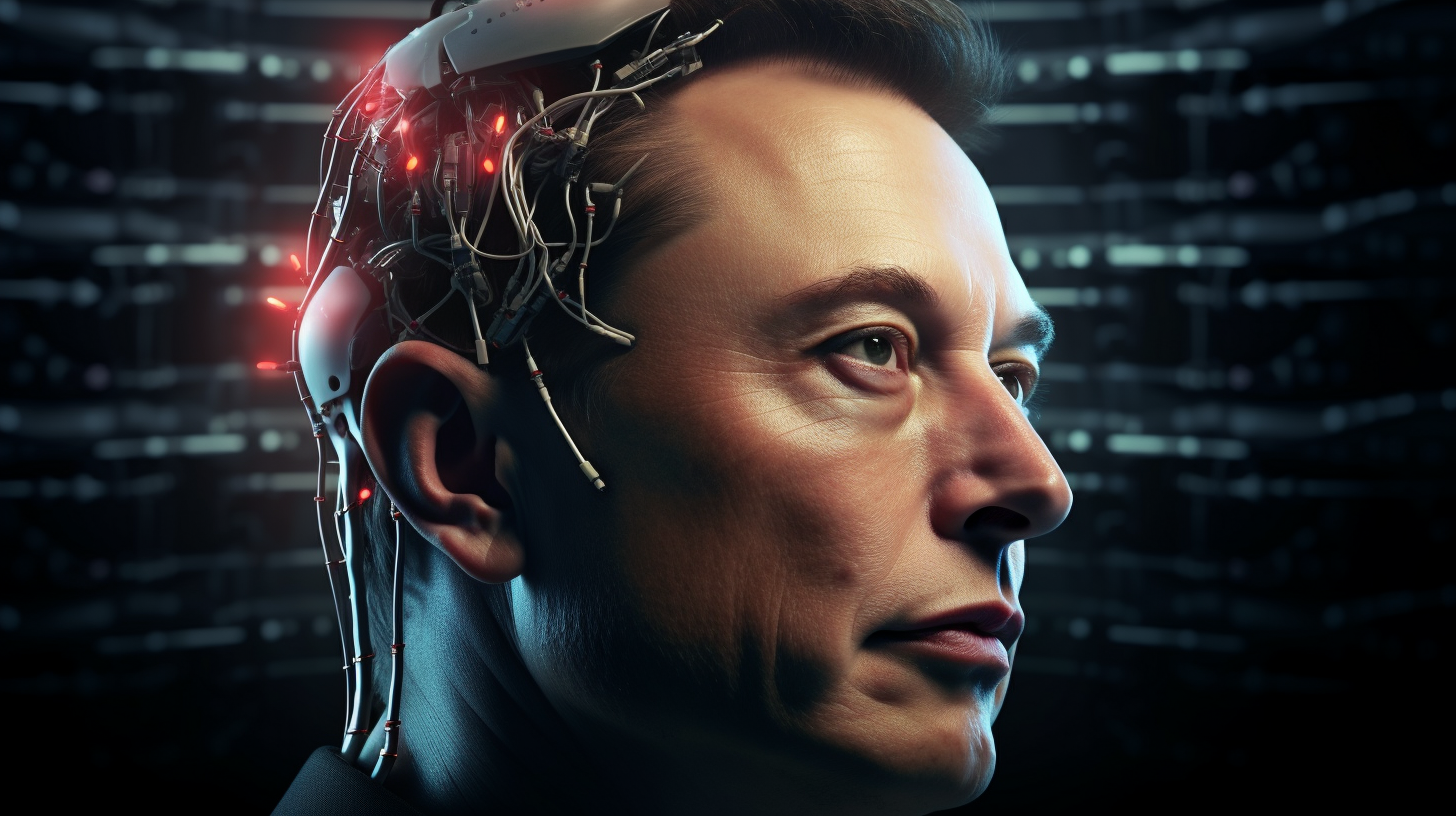In a world where technology is advancing at an unprecedented pace, Elon Musk’s Neuralink has reportedly made a significant leap forward. According to Musk, the company has successfully implanted a wireless brain chip, a claim that was first published in the peer-reviewed journal Nature in May 2023.
The Breakthrough
The wireless brain chip is a groundbreaking development in the field of neurotechnology. It represents a significant step towards the integration of technology and the human brain, potentially opening up new possibilities for treating neurological disorders, enhancing cognitive abilities, and even interfacing with artificial intelligence.
However, it’s important to note that there has been no independent verification of Musk’s claims to date. Neither Neuralink nor the U.S. Food and Drug Administration (FDA), the country’s medical regulator, have provided any additional information about the procedure.
The Road Ahead
While the news of this development is exciting, it also raises a host of questions and concerns. The ethical implications of such technology, its safety, and its potential uses are all areas that will need careful consideration and regulation. As we move forward, it will be crucial to ensure that this technology is developed and used responsibly, with the best interests of humanity at its core.
FAQ
What is Neuralink?
Neuralink is a neurotechnology company co-founded by Elon Musk. The company is focused on developing implantable brain–machine interfaces.
What is a wireless brain chip?
A wireless brain chip is a device that is implanted into the brain to interface with the neural network. It can potentially be used to treat neurological disorders, enhance cognitive abilities, or interface with artificial intelligence.
What is the FDA?
The FDA, or Food and Drug Administration, is the U.S. government agency responsible for protecting public health. It regulates food safety, tobacco products, dietary supplements, prescription and over-the-counter pharmaceutical drugs, vaccines, biopharmaceuticals, blood transfusions, medical devices, electromagnetic radiation emitting devices, cosmetics, animal foods & feed, and veterinary products.
Glossary
Neurotechnology: A branch of technology that involves the use of electronics or technology to understand, repair, replace, enhance, or otherwise exploit the properties of neural systems.
Neurological Disorders: Medical conditions that affect the nervous system, which includes the brain and spinal cord.
Artificial Intelligence (AI): The simulation of human intelligence processes by machines, especially computer systems. These processes include learning, reasoning, problem-solving, perception, and language understanding.
Food and Drug Administration (FDA): A federal agency of the United States Department of Health and Human Services that is responsible for protecting and promoting public health through the control and supervision of food safety, tobacco products, dietary supplements, prescription and over-the-counter pharmaceutical drugs, vaccines, biopharmaceuticals, blood transfusions, medical devices, electromagnetic radiation emitting devices, cosmetics, animal foods & feed, and veterinary products.



